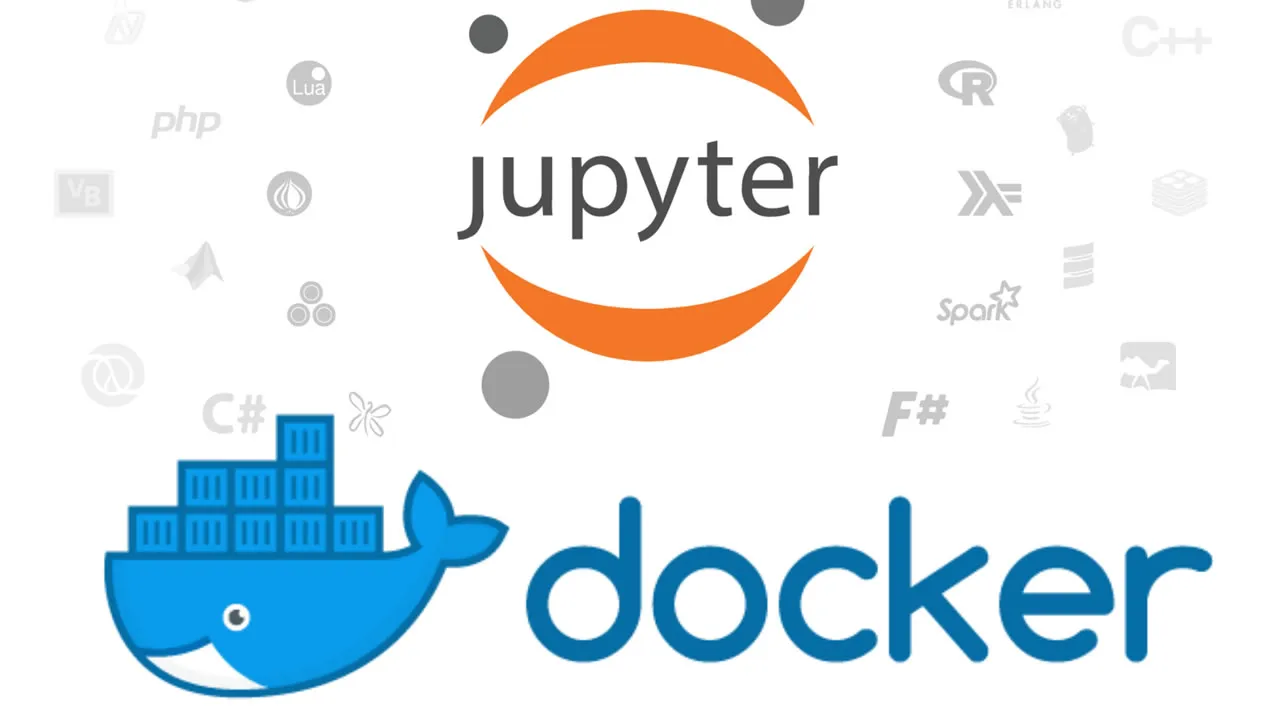As a data scientist, using Docker unlocks you to build production-grade applications. This is a hands-on guide to Docker for data science.
Docker is a critical piece for software development these days. Docker lets you separate and isolate applications as you develop them. As a data scientist, it is common to rely on virtual environment libraries like pyenvor virtualenv — but using Docker can unlock you to not just prototype but build production-grade applications. While virtual environments are excellent for quick dev work, Docker provides a great way for collaborating with colleagues and to also deploy data science applications in cloud. In this blog we will cover the Docker fundamentals you need to know for data science and machine learning development.
There are many resources to learn about Docker, but when I was first starting out, I wanted a small tutorial that got me working with a Dockerfile quickly rather than go through a lot of theory. My hope with this blog is to be that tutorial. Anyways, let’s get started.
#docker #jupyter-notebook #data-science #machine-learning #developer
